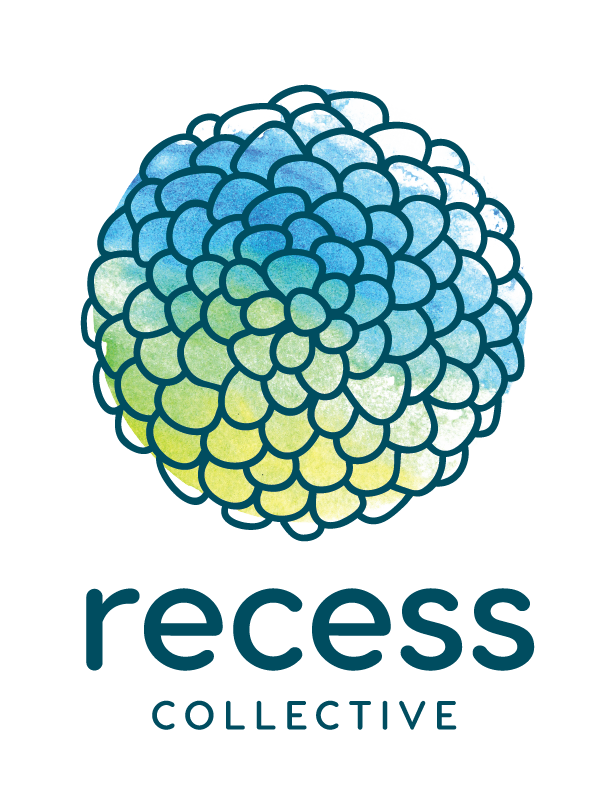Parenting is hard. No matter how resourced you are, raising a child can be one of life's most challenging and rewarding experiences. But parenting can also be a great equalizer - regardless of income, race, or education, all parents face stress and challenges. And when that stress becomes chronic and toxic, it can have long-lasting effects on children's health and well-being.
But there is hope. By building supportive communities and practicing positive parenting techniques, we can help to buffer the effects of toxic stress on child development and reduce the effects of stress on the body for life.
What is toxic stress?
Toxic stress is defined as "the experience of prolonged activation of the stress response system in the absence of protective factors." This type of stress can be caused by a variety of factors, including abuse, neglect, and poverty. When a child experiences toxic stress, it can have negative impacts on their physical and mental health, including increased risk of chronic diseases, mental health disorders, and developmental delays.
How does community support help?
One of the key ways that community support can help to buffer the effects of toxic stress is by providing a network of resources and support for parents. When parents feel supported and connected to others, they are better able to manage stress and provide a nurturing environment for their children.
Studies have shown that social support can help to reduce the effects of stress on the body, including inflammation and immune system dysfunction. For example, a study published in the Journal of Health Psychology found that mothers who reported higher levels of social support had lower levels of inflammation, even after accounting for factors such as age, income, and education.
In addition, community support can help to address the social determinants of health that contribute to toxic stress. For example, by providing access to affordable housing, healthcare, and early childhood education, communities can help to reduce the stressors that contribute to toxic stress.
How do positive parenting practices help?
Supportive parenting practices can also help to buffer the effects of toxic stress on child development. These practices include things like responsive caregiving, positive reinforcement, and setting clear boundaries and expectations.
One of the key ways that positive parenting practices can help to reduce the effects of stress on the body is by promoting secure attachment between parent and child. When children feel securely attached to their parents, they are better able to regulate their emotions and respond to stress in a healthy way.
Studies have shown that supportive parenting practices can buffer the effects of toxic stress on child development and mental health outcomes. For example, a study published in the Journal of the American Medical Association found that supportive parenting practices can reduce the risk of behavioral problems and other negative outcomes associated with toxic stress.
In addition, positive parenting practices can help to build resilience in children. When children have a strong foundation of positive parenting, they are better able to navigate the stressors of life and bounce back from adversity.
Parenting is hard, but by building supportive communities and practicing positive parenting techniques, we can help to buffer the effects of toxic stress on child development and reduce the effects of stress on the body for life. Social support can help to reduce the effects of stress on the body, while positive parenting practices can promote secure attachment and build resilience in children. By working together to support parents and families, we can help to promote healthy communities and positive developmental outcomes for children.


